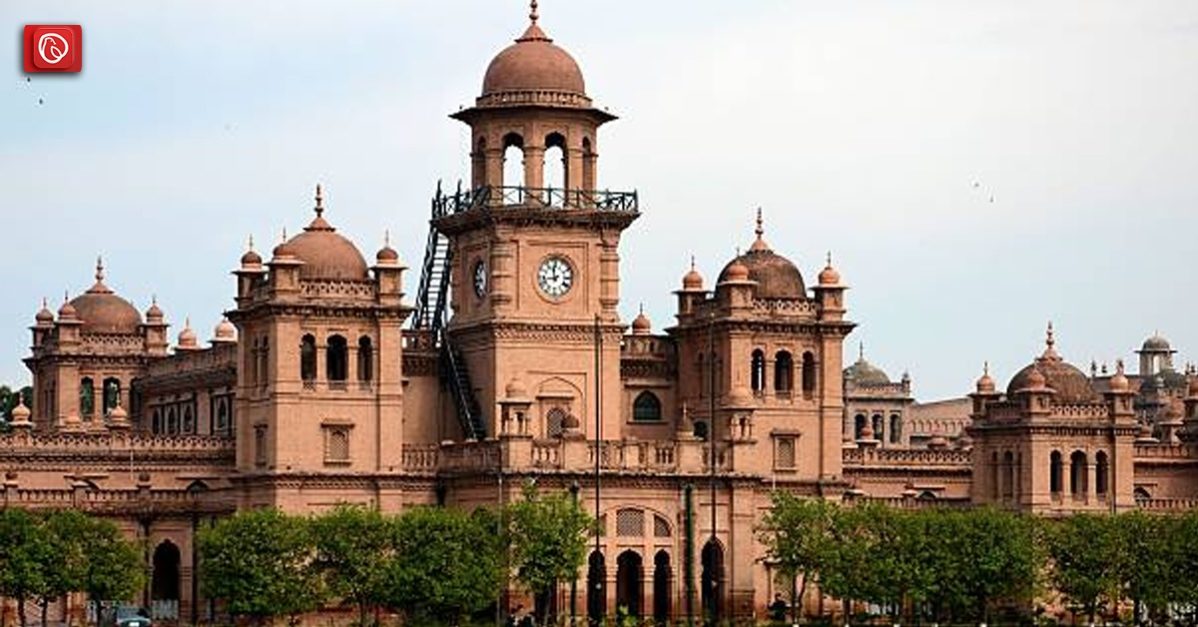
Islamia College Peshawar is one of the oldest and most prestigious educational institutions in Pakistan. Established in 1913, the college has an extensive history and a strong reputation for academic excellence. Graana.com provides a comprehensive overview of the history, achievements, and academic departments of the college below.
Islamia College Peshawar was founded in 1913 by Sir Sahibzada Abdul Qayyum, who is commonly referred to as the Sir Sayyed of the Frontier, and his colleagues. The college is not only the culminating point of the Aligarh Movement, but it is also the blend of the Aligarh and Deoband schools of thought.
Quaid-e-Azam Muhammad Ali Jinnah visited the college three times: in 1936, 1945, and 1948. He became a lifelong honorary member of the Khyber Union ICP in 1936, and left the college a sizable amount of money in his will through the Quaid Trust.
Islamia College Peshawar has five faculties, each of which has several departments.
It was established in 2017 by the late Vice-Chancellor Prof. Dr. Habib Ahmed. The main objective of the centre is to provide cutting-edge facilities to carry out research in the genetics and genomics of plants, animals, and microbes, with a specific focus on human health and the environment.
Currently, Dr. Muhammad Fahim, Associate Professor, has a specific interest in infectious diseases of plants caused by microbes. His group uses genomics and transcriptomics approaches for the identification and classification of such microbes. He has two funded projects and has supervised three students for the degree of MPhil Genetics.
Dr. Musharraf Jelani is interested in Rare Disease Genetics and Genomics. His group works on whole exome and sanger sequencing data analysis for the molecular diagnosis of single-gene disorders in Khyber Pakhtunkhwa.
His group has analysed 200+ families for whole exome sequencing, and six students have completed a MPhil genetics degree under his supervision. Dr. Muhammad Ishfaq is another prominent researcher who heads a group that focuses on cancer research. He collaborates with Khyber Medical University to work on biomarkers and gene expression profiling of cancer patients.
His group aims to identify the molecular pathways involved in cancer development and progression, which can aid in the development of new diagnostic and therapeutic strategies.
Dr. Muhammad Tariq is a researcher who heads a unique research group that focuses on analysing human ancestry through Y chromosome, mitochondrial DNA, and whole-genome sequencing analysis. His group is designated as molecular anthropology and has applications in forensic sciences.
The contact details for Islamia College Peshawar are as follows:
Islamia College Peshawar is a symbol of academic excellence. It is also considered to be one of the most famous historical places in Peshawar. Its faculty comprises renowned scholars and researchers who have made significant contributions to their respective fields. It is one of the top medical colleges in Peshawar.
Furthermore, the Centre for Omic Sciences, established in 2017, is an important research centre at the college. The work done by the researchers has led to significant breakthroughs in rare disease genetics and genomics, infectious diseases of plants caused by microbes, cancer research, neuroscience research, and molecular anthropology.
For more information, visit Graana.com.
Islamabad: The Federal Board of Revenue (FBR) is preparing to seek approval from the International…
Riyadh: As Saudi Arabia’s Vision 2030 enters its third phase for the period 2026–2030, the…
Islamabad: The Capital Development Authority (CDA) has earmarked PKR 200 million to settle outstanding land…
Lahore: Punjab Governor Sardar Saleem Haider Khan has promulgated two key ordinances aimed at modernising…
Islamabad: Pakistan’s tax authorities are intensifying efforts to detect undeclared wealth by monitoring social media…
Karachi: The State Bank of Pakistan (SBP) has indicated that it will maintain a cautious…